The sixth episode of Agatha All Along was, in many ways, a course correction. Gone were the inconsequential coven vibes masquerading as true character dynamics, and in its place was an intimately meaningful vignette dedicated entirely to the one and only Billy Kaplan.
Right out of the gate, the improvement was apparent. As Billy is a key figure in the world and emotional core of Agatha All Along rather than just a piece of the ensemble quorum, exploring his origins offers nutritious narrative mileage that, sadly, hasn’t been front and center over the course of the show. The fact that Billy’s story will continue in a big way beyond Agatha All Along only compounds all of this.
But “Familiar by Thy Side” marked a profoundly important step forward for Marvel Studios as they hopefully endeavor to get their storytelling chops back up to par with the glory days. That step was utilizing Billy — long one of Marvel’s most prominent queer characters — to engage in remarkably astute queer storytelling, the likes of which we’ve never seen before.
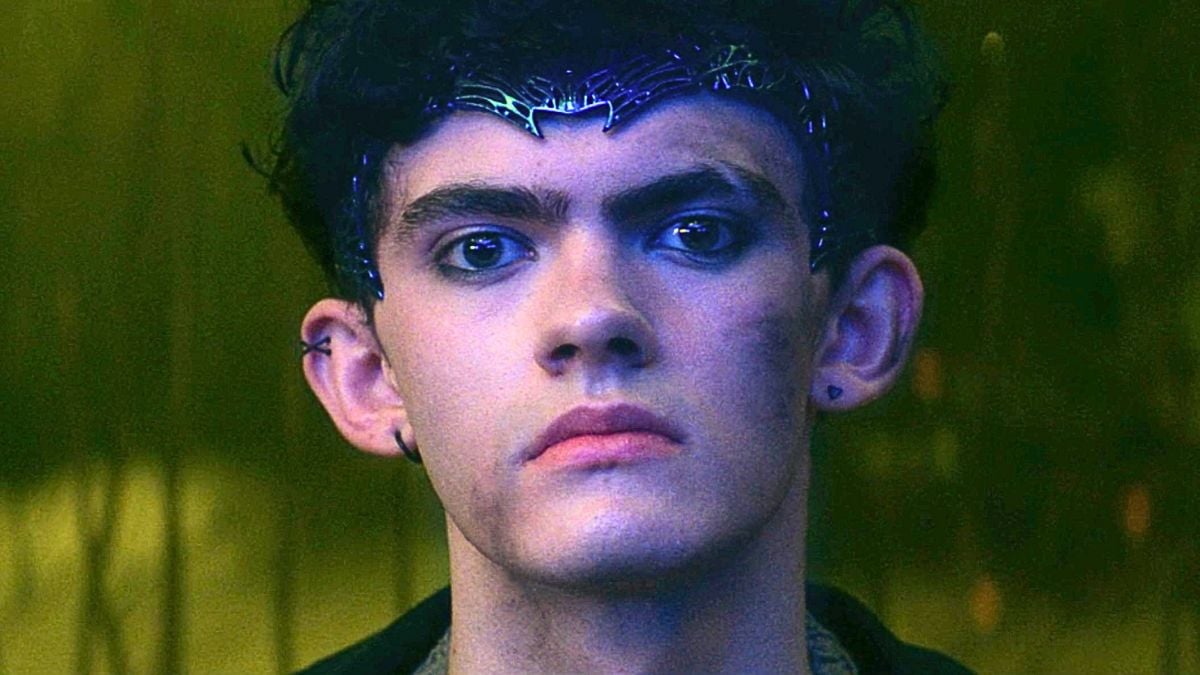
First and foremost, it must be noted that having a character who is queer, is very different from writing a queer character. It wouldn’t have been enough if Billy was simply shown kissing his boyfriend Eddie (although, there’s something to be said about the importance of that on-screen queer kiss as well; the second of its kind in the whole MCU after Phastos’ in Eternals), and Agatha All Along not only understands this, but makes good on this by going the distance in an immaculately beautiful way.
To write a queer character is to nourish their capacity for joy and love without disregarding the queer-specific anxiety that makes that joy and love so significant in the first place. Billy has a family that loves him very dearly, but his anxiety around what they’re thinking is far more subtextual than just him being overwhelmed by his newfound psychic ability acquired after the car crash. Additionally, Billy understands as a queer man how meaningful it is to have a family that loves you, so it’s no wonder he’s so driven to find his spirit-brother Tommy.
And then there’s the case of Eddie, who Billy confides in about his suspicions that he might actually be the reincarnated son of the Scarlet Witch. The fear of being seen for who you really are is one that anyone will be familiar with, but that fear is especially potent for queer folk, whose necessarily revolutionary relationship to love means we tend to walk in an entirely different world than non-queer folk, and so there’s an extra barrier that exists in the self-actualizing quest of being seen for who you are.
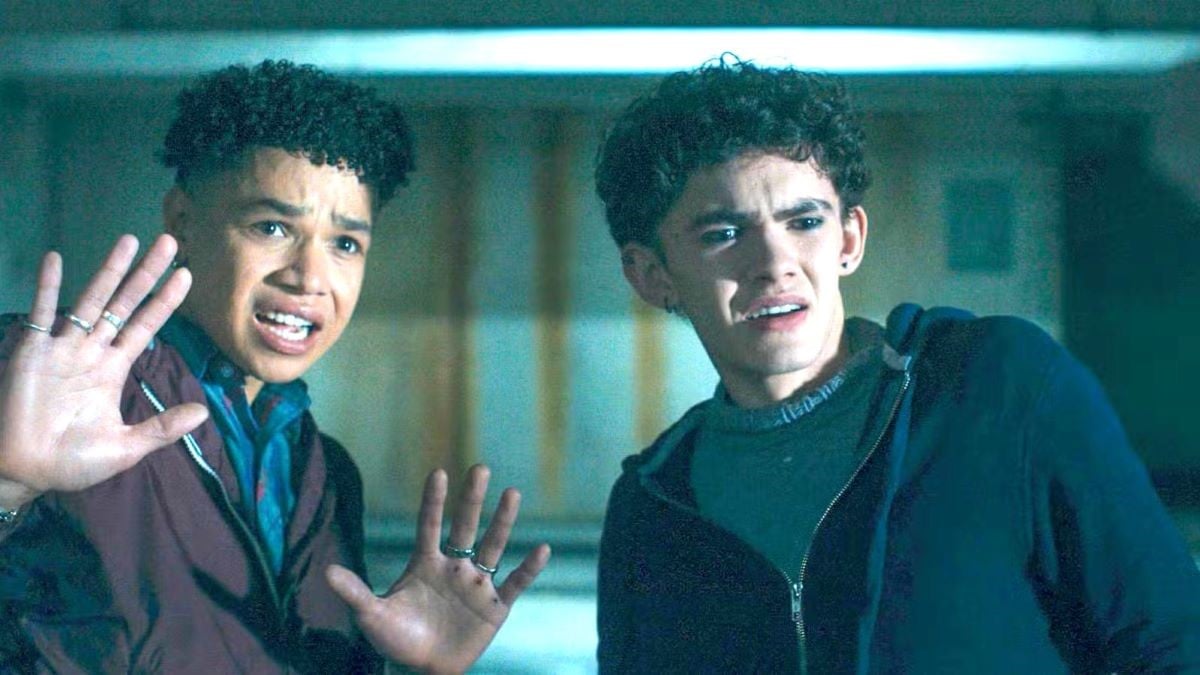
Indeed, it’s hard enough just for the true self to be seen in the context of an immediately recognizable world, but in the context of a world that itself needs to be understood first? Forget about it. Why risk the almost-assured heartbreak of someone writing off your experience as a queer person — in terms of gender, sexuality, and otherwise — as too alien to be worth involving oneself with? Or what about your hard-to-believe experience of dying and coming back as a psychic Young Avenger-to-be?
Of course, someone forgot to tell Billy that he should be too frightened to open himself up to Eddie like that, and so he ends up telling Eddie anyway. And yet, with nary a smidge of hesitation does Eddie readily accept Billy’s experience and prepare to heed all the unique challenges that will come with being with the boy he loves. Is it because he’s actually Hulkling and therefore isn’t fazed by the possibility one bit? In a textual sense, yes, probably, but the weight that that acceptance carries extends far beyond Billy himself, and at once speaks entirely to the queer joy inherent in Billy’s character and story.
Eternals may have beaten Agatha All Along to the first on-screen queer kiss, but the intelligence that the latter has displayed in the realm of queer storytelling is a far more foundational victory, and just may foretell a bright future for Billy, Agatha All Along, and perhaps even the MCU itself.

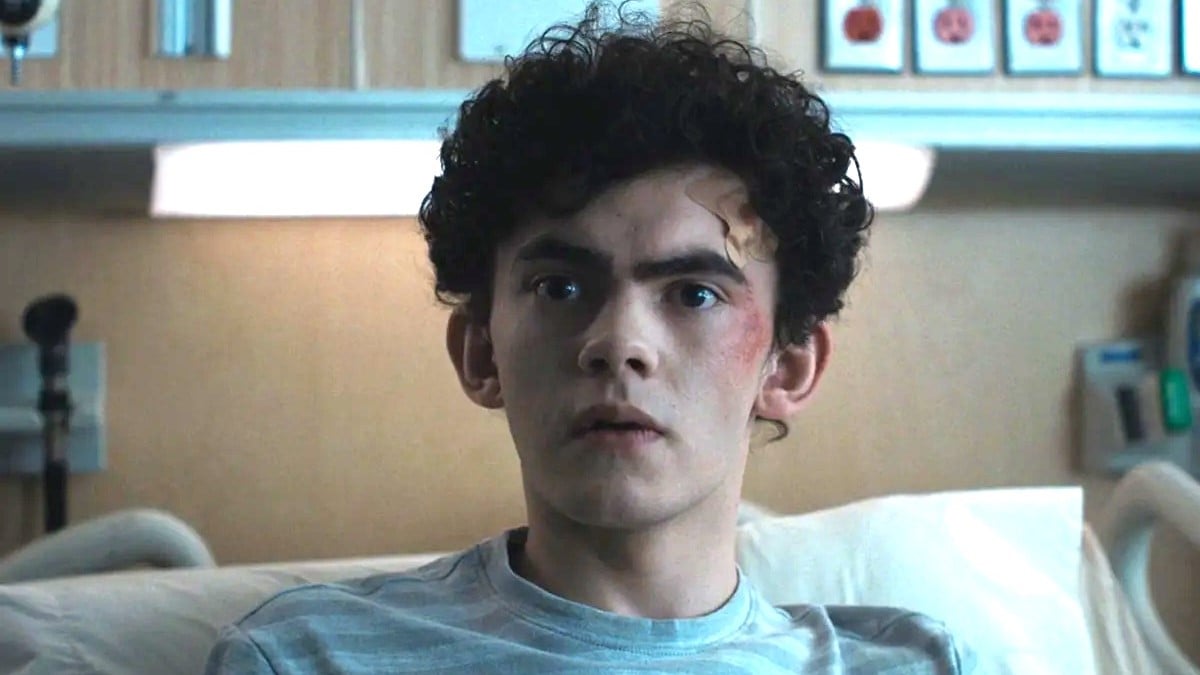
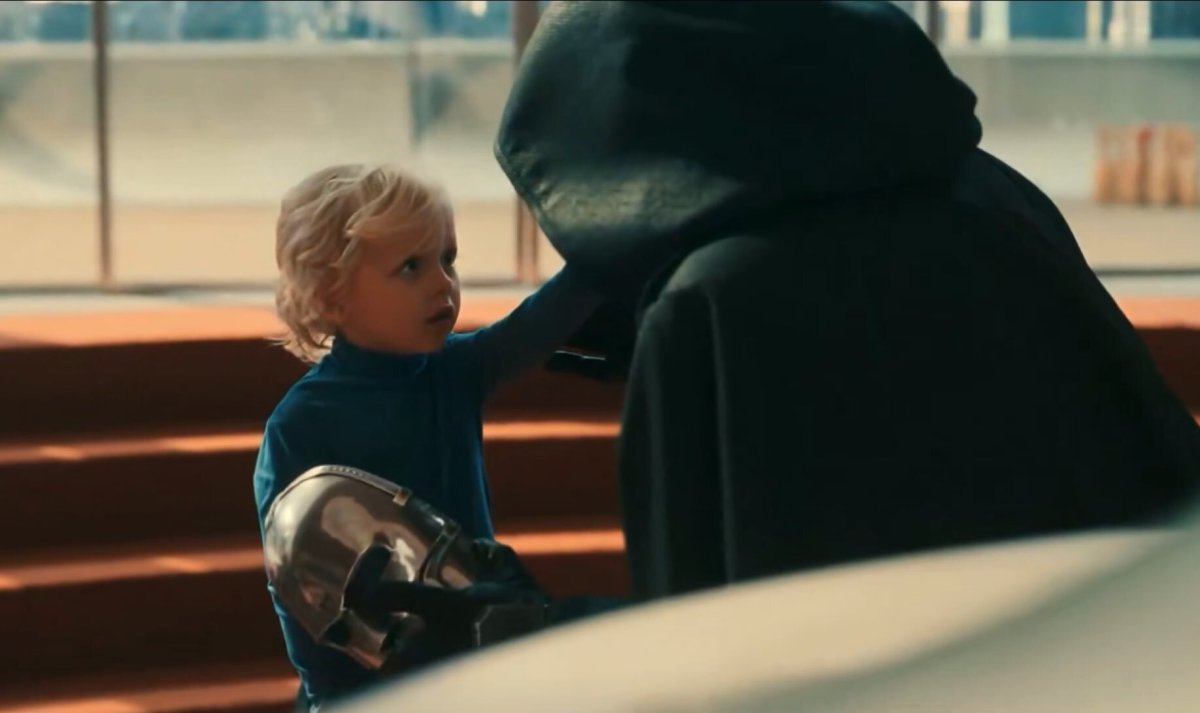
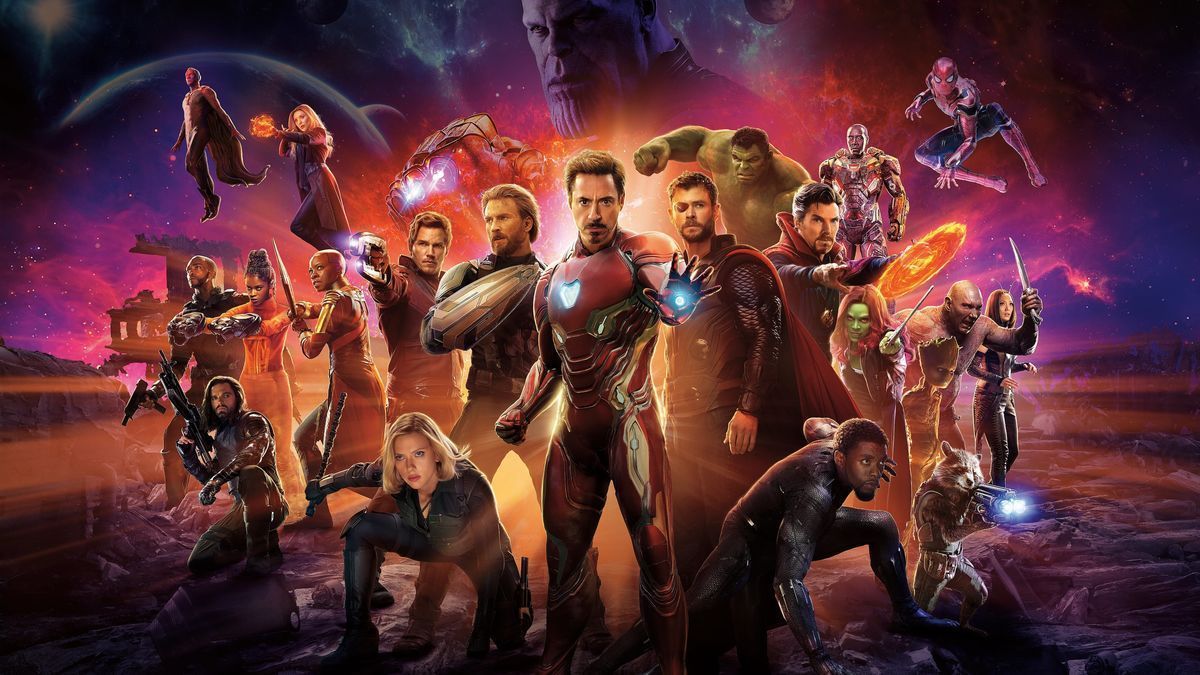
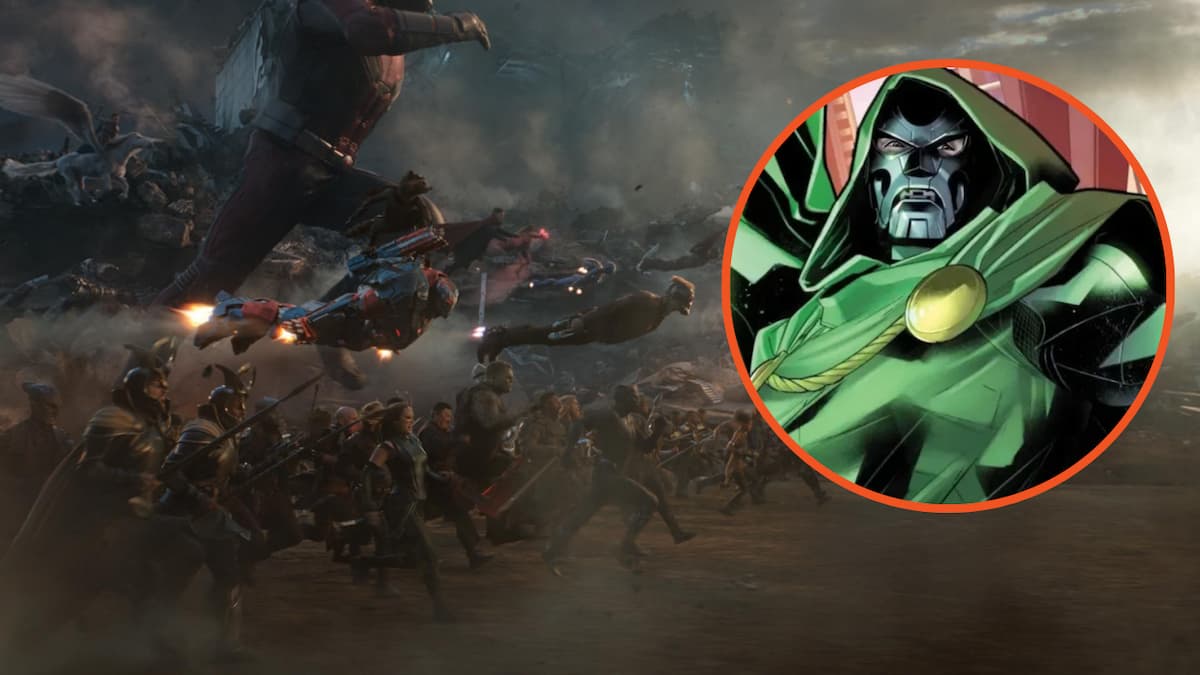
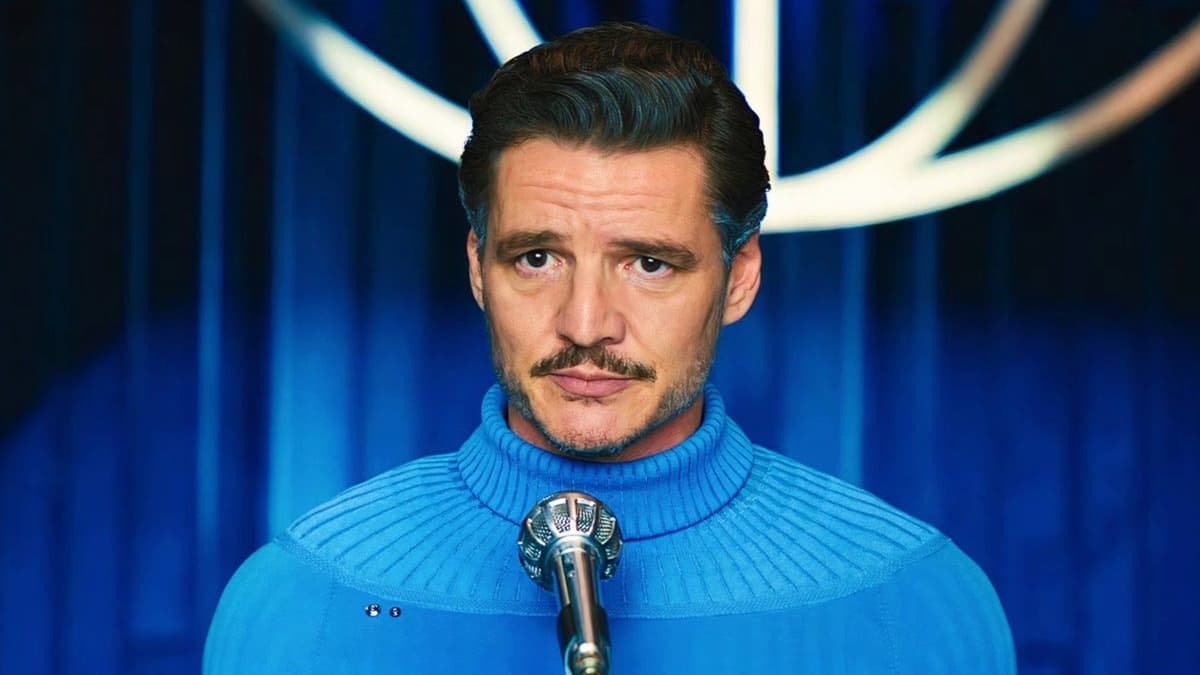
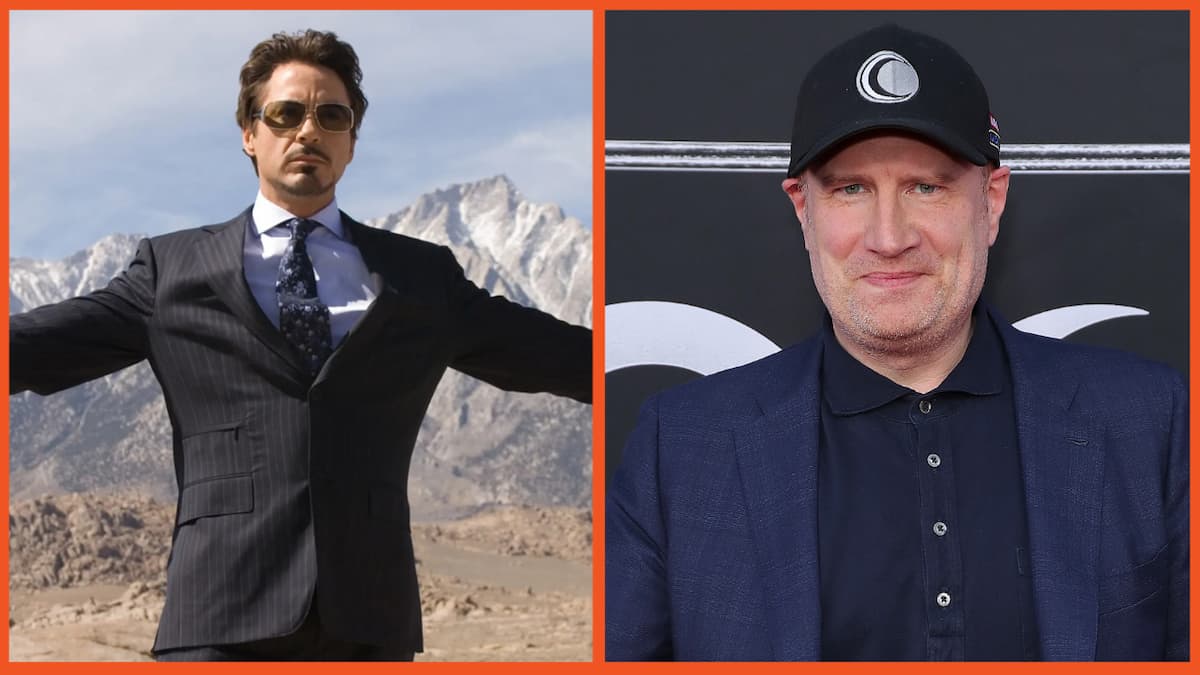
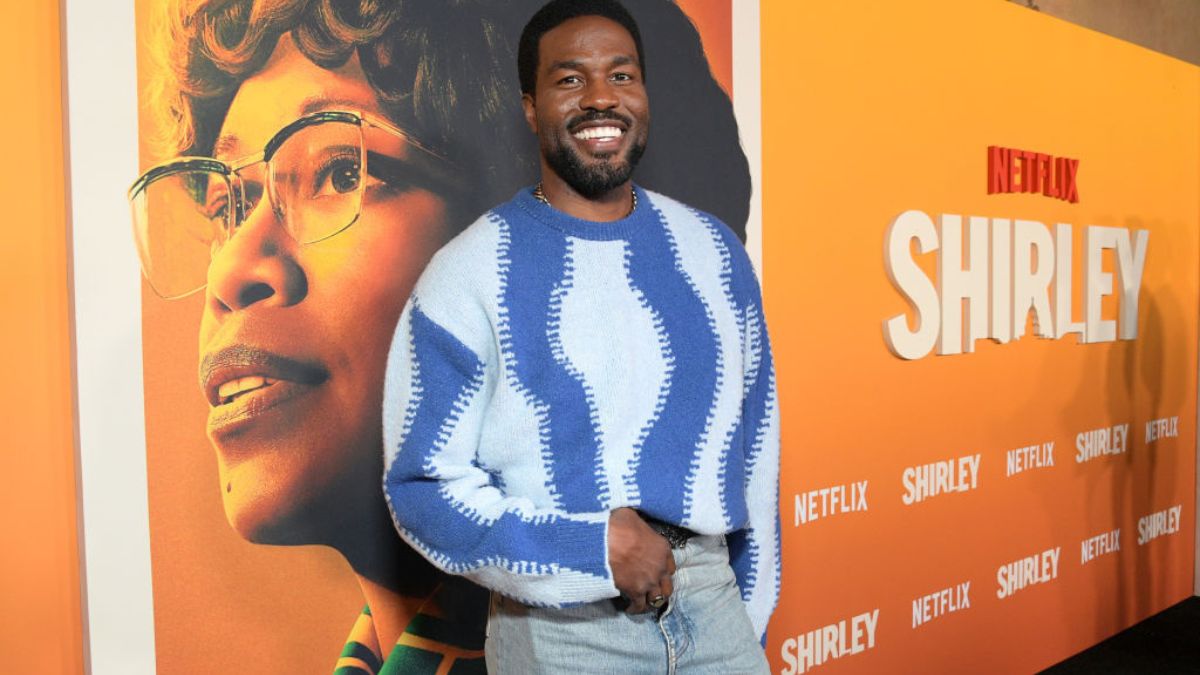
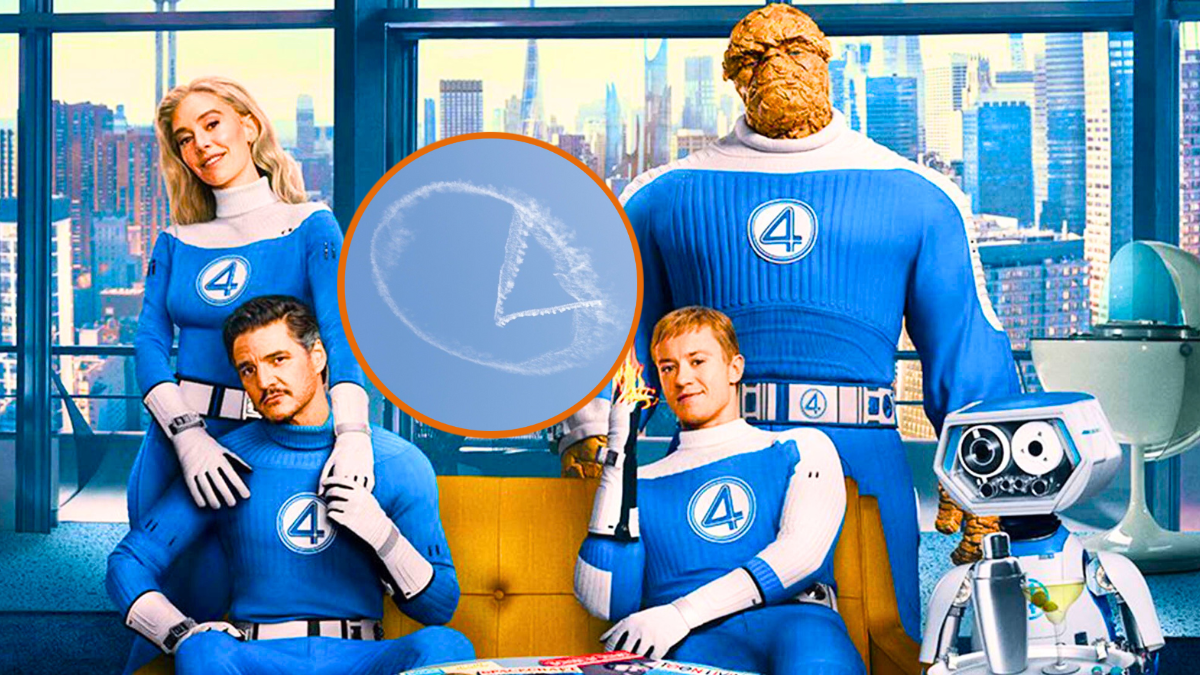
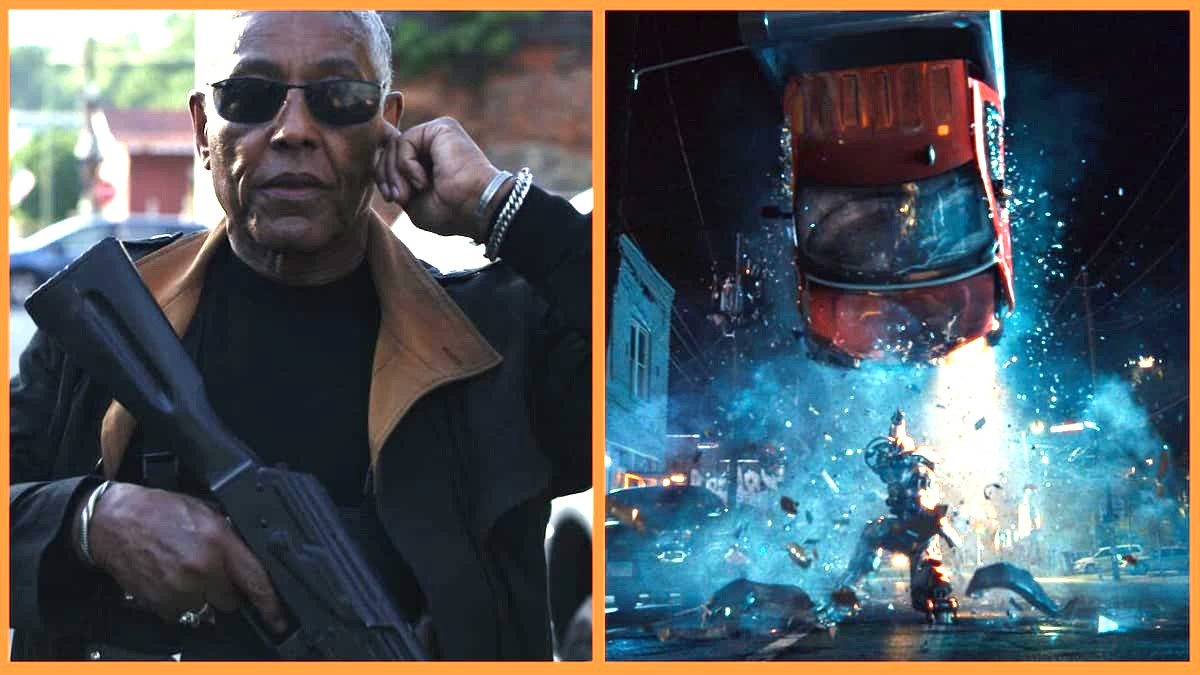

Published: Oct 17, 2024 05:04 pm